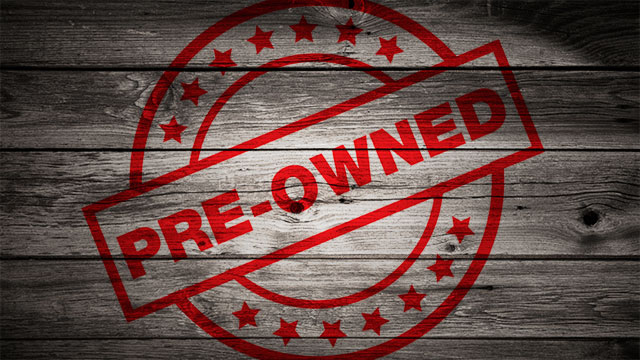Things to Think About When Buying Pre-Owned Lab Equipment
Knowing the history of the pre-owned instrument you’re purchasing is very important

Further Advice: Pre-Owned EquipmentKnowing the history of the pre-owned instrument you’re purchasing is also very important in making a good buying decision. For example, if the instrument you’re interested in was previously used to analyze samples whose residues could interfere with your lab’s samples, you’ll want to know that information and ensure that the seller followed all the proper decontamination protocols. |
How will maintenance knowledge of the equipment being purchased affect the process of buying the equipment?
When buying pre-owned equipment, it may be useful to know what repairs were needed before being put back into service (if refurbished), or what is currently needing repair for as-is equipment. Asking for a certificate stating either that the equipment is up to the vendor’s specifications—and a history of the instrument if available—will help set most lab professionals’ minds at ease.
How does geographical location influence the process of buying used lab equipment?
Where a particular piece of pre-owned equipment is located can have an effect on the decision to finalize a purchase. Primarily, the cost to have the equipment shipped, plus the increased possibility that a particular piece of equipment can be damaged as the distance increases, can be a concern. Secondly, processes for refurbishing and decontaminating can vary from region to region, and the availability of after-purchase technical support may be limited as the geographical range increases.
How will the warranty and after-purchase care affect the purchase of pre-owned equipment?
The availability of a comprehensive warranty, and the ability to extend it if needed should be an important consideration for anyone purchasing pre-owned equipment. Buying a piece of pre-owned equipment only to find that it’s not working correctly can be very stressful and costly if there is no warranty or maintenance contract to fall back on. Researching the available warranties and ability of the pre-owned vendor to provide support post-purchase is essential.
For more useful articles on purchasing pre-owned equipment, see LabManager.com/pre-owned-equipment
